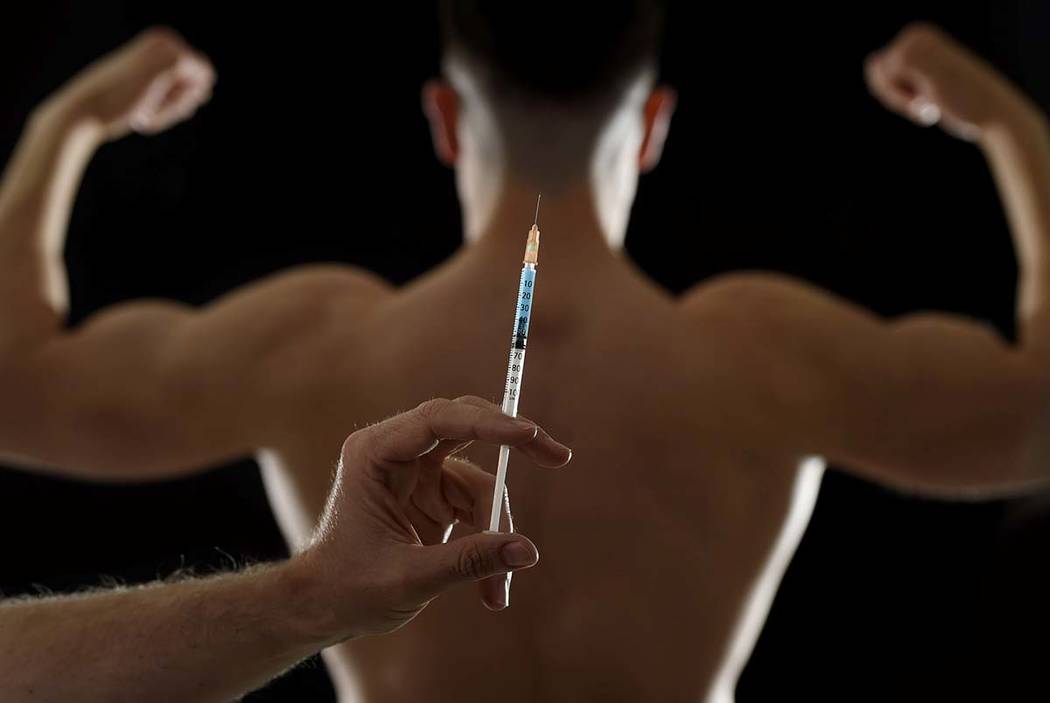Massive police effort leads to steroid busts in 33 European countries
A massive law-enforcement bust across Europe has resulted in the seizure of 24 tons of raw steroid powder and the closure of nine underground labs that produced performance-enhancing drugs and other illegal substances.
Europol said Monday that the operation, which included 33 countries and was led by national police forces in Italy and Greece, was the largest of its kind and led to the arrest of 234 people and the dismantling of 17 organized-crime groups.
The World Anti-Doping Agency also participated in the sting, which discovered a trafficking system in which non-professional athletes used rechargeable credit cards and cryptocurrencies to buy small amounts of illegal substances, much of which was moved through gyms and unregulated online pharmacies. Dealers used social media to advertise and promote their products.
“This is the sort of multi-party collaboration that produces real results and can make a significant impact on the availability of counterfeit and illegal drugs used by some athletes globally,” WADA intelligence director Gunther Younger said.
Officials said they carried out a combined 1,357 urine and blood tests at sports events as part of the operation, though no details were shared about which events or who was tested.
Nearly 1,000 individuals have been reported for producing, selling or using performance enhancers and 839 judicial cases have been opened across Europe.
Public authorities have been taking an increasingly high-profile role in sports corruption cases. Last October, the U.S. Justice Department charged Russian military intelligence officers in a wide-ranging case that included WADA and FIFA. Earlier in 2018, police in Austria raided the international biathlon federation’s offices in a case in which the agency’s president was accused of covering up Russian doping cases.
“So many of the busts that have happened in the sports world for doping recently have only been possible because police have wiretapping ability and other investigative powers that normal anti-doping agencies and sports organizations don’t have,” said Max Cobb, president of the U.S. Biathlon. “This just another example of how important that is to cleaning up sport.”

















